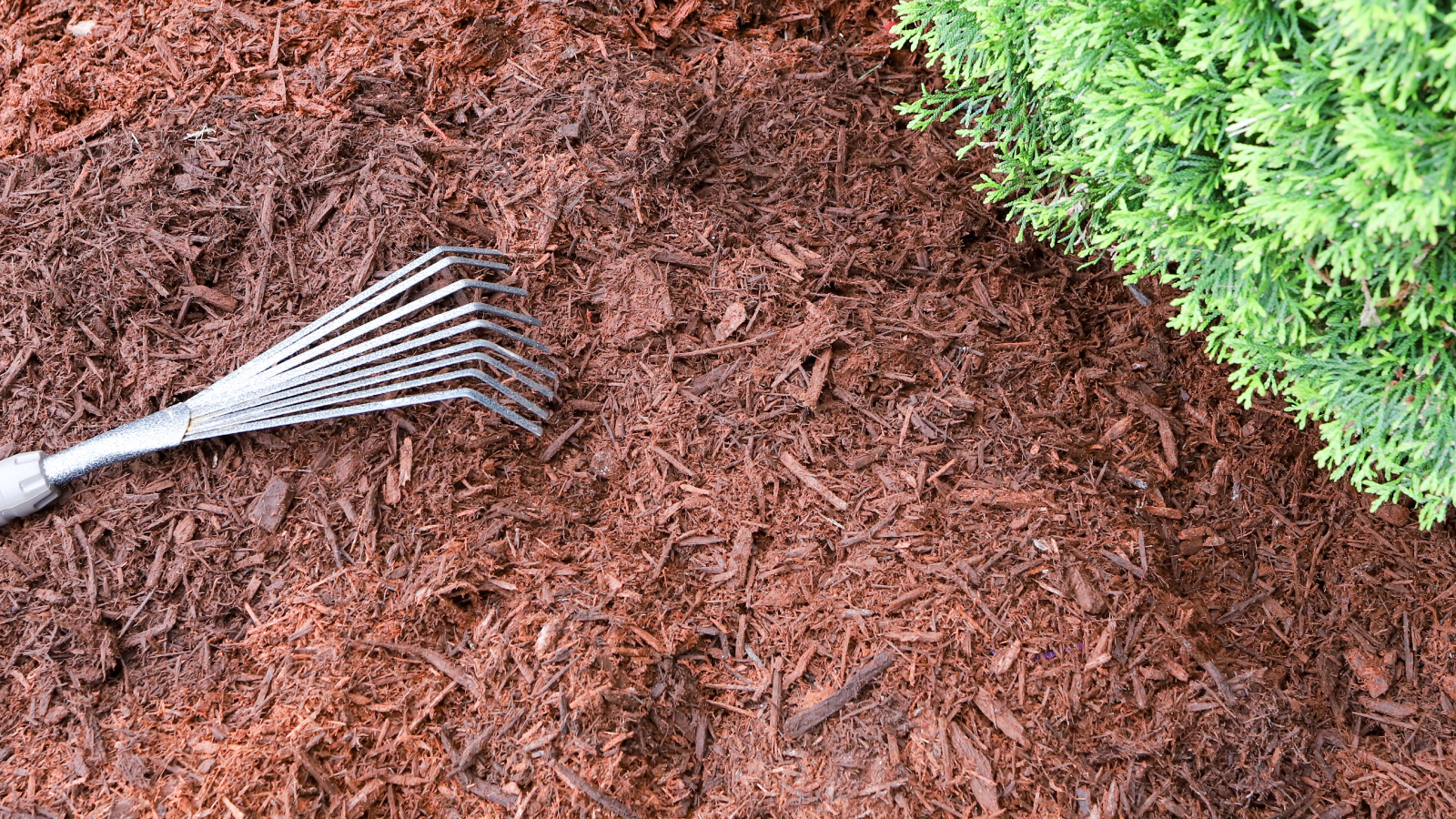When To Mulch Your Garden & Why Mulching Early Is A Bad Idea
When to mulch in the garden depends on what you want to achieve, whether it’s protection from the winter cold or summer heat, to add nutrients or to suppress weeds, learn about the best times to lay mulch.


There are many schools of thought regarding garden mulch. The debate continues as to when, how much, and what type of mulch to use. In the end, it all boils down to the gardener’s preferences but a few tips on when to mulch can clear up some of the debate. The best time to mulch may depend upon your zone, the type of plants, and other factors. You can really apply mulch at any time of the year depending upon why you want the mulch.
Why It Matters When to Mulch
Mulching provides many benefits. It conserves moisture in the soil. It can prevent weeds. It keeps soil warmer in winter and cooler in summer. Mulch reduces soil compaction which encourages oxygen to get to plant roots and helps water percolation. It may reduce erosion.
Mulch can minimize some disease and pest problems. Organic mulch will gradually compost into the soil, increasing tilth and gently adding nutrients. But when to mulch garden beds will depend upon which of these benefits you wish to harness.
Tips for Mulching
Even when mulching to keep the soil warm in winter, it is best to leave some space around plant stems and tree bases. Wet, soggy mulch can cause fungal issues if it contacts plant material. An ideal layer of mulch is 2-3 inches (5-7 cm) deep.
Best Times to Mulch
There is a saying that timing is everything. When it comes to mulching in the garden this proves to be true.
- If you wish to suppress annual weeds, the mulch should be in place prior to the growing season.
- If you want to protect plant roots from winter cold, it needs to be laid before then.
- If it is intended to enrich the soil, it should go down several months before planting.
- As an erosion control, the best time to put down mulch will be before the rainy season.
- To keep soil cool and keep fruits and vegetables from soil contact, mulch needs to be laid when plants are young.
- In vegetable gardens, place mulch around heat-loving plants like tomatoes right at planting time – for cool season crops, mulch earlier.
- To protect plants for winter, place mulch when the soil has cooled but before it is frozen.
So really there is no exactly stated right time to mulch. It just depends on when you need to achieve a certain goal for the product.
Can You Mulch Too Early?
Often mulch is used to tidy up the landscape, offsetting plants and beautifying beds. But if a layer of mulch is applied before the soils warm up in late winter or early spring, it can actually slow the warming of the soil. That means plants won’t be growing as early or as fast and germination will be slowed down in seeds. Additionally, spring rains and wet mulch can suffocate plant growth.
Gardening tips, videos, info and more delivered right to your inbox!
Sign up for the Gardening Know How newsletter today and receive a free copy of our e-book "How to Grow Delicious Tomatoes".
In the case where old mulch is covered with new, the thick layer will also retard young shoot growth in the spring. Also, avoid mulching seedlings. The mulch will retain too much moisture which can lead to damping off.
What Month Should You Mulch?
If I had to make a calendar with mulching times for various reasons it would be this:
- For erosion control mulch in February
- For heat retention mulch in September to October
- For soil cooling mulch in April to June
- For weed suppression mulch in February to March
- For nutrient addition and increased porosity mulch the season prior to planting the garden
- For water retention, mulch at planting except for seedlings
- For beautifying, mulch when soils have warmed and spring rains have slowed, approximately May to June
Frequently Asked Questions
Is It Better to Mulch in the Spring or Fall?
Again, this depends upon the goal for the mulch. Overall mid to late April is a good time to mulch. This will allow spring bulbs and other plant shoots to come up. To protect plants over the winter, fall mulch applications are best done after the plants go dormant.

Bonnie Grant is a professional landscaper with a Certification in Urban Gardening. She has been gardening and writing for 15 years. A former professional chef, she has a passion for edible landscaping.
-
 Looking For Plants To Give You The Soft And Fuzzies? Try These 5 Fuzzy Leaf Plant Options
Looking For Plants To Give You The Soft And Fuzzies? Try These 5 Fuzzy Leaf Plant OptionsLovers of texture, drama, silver foliage and tactile plants will adore these special sensory garden additions. These fuzzy leaf plant options will leave you all aglow
By Susan Albert
-
 Get Ready For A Summer Of Hummers! Grow These Full Sun Hummingbird Plants and Flowers
Get Ready For A Summer Of Hummers! Grow These Full Sun Hummingbird Plants and FlowersIf you’re lucky enough to enjoy a sunny backyard, make sure you are maxing out on your pollinator opportunities and grow these full sun hummingbird plants and flowers
By Tonya Barnett